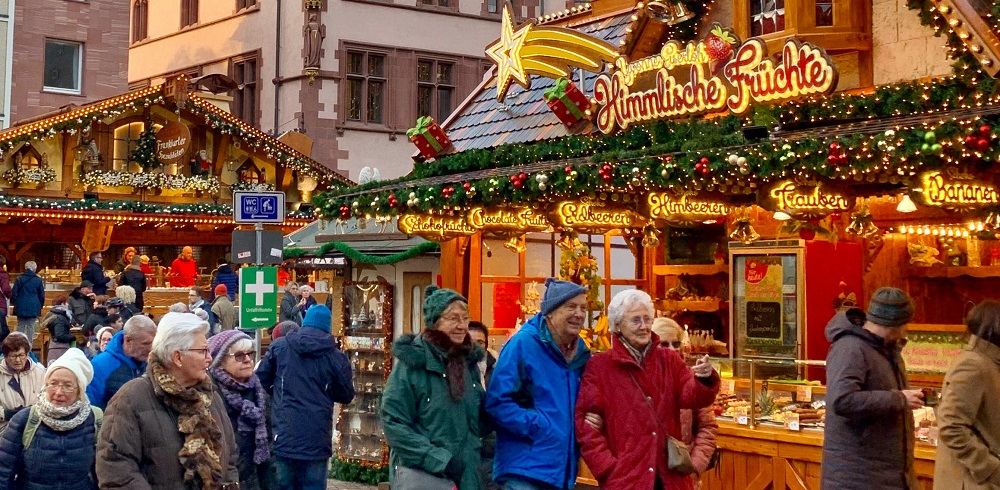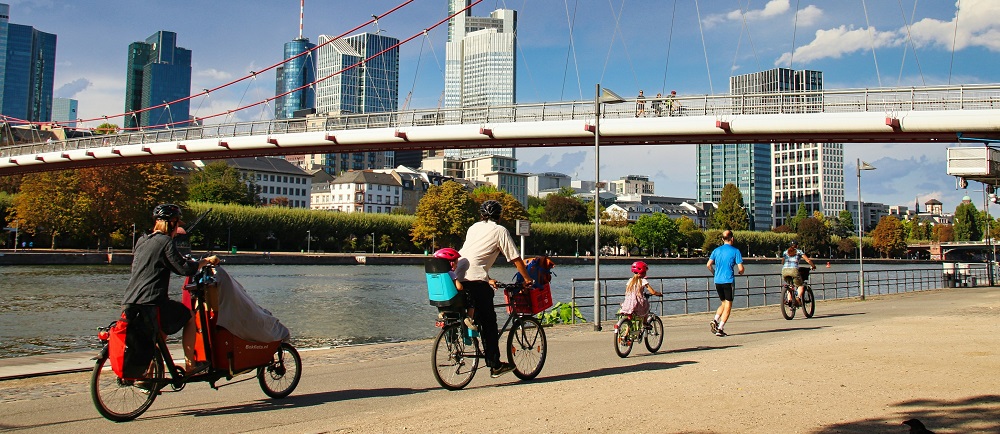Located in central Germany on the River Main, Frankfurt boasts not only beautiful vistas and wonderful architecture, but is also a global financial powerhouse.
Many expats who are moving to Frankfurt are attracted to the city's buzzing, confident and international character. Frankfurt manages to effortlessly blend its role as a leading modern business centre with a charming cultural character.
Living in Frankfurt as an expat
Besides being a major economic hub in Germany and Europe, Frankfurt is also an important industrial metropolis and a key transport centre, attracting professionals from all over the world. While it is predominantly the economy that entices expats to live in Frankfurt, the city is nonetheless beautiful and enchanting, brimming with history and culture. You'll enjoy a high-quality lifestyle while living in Frankfurt.
There are superb opportunities for shopping and myriad sightseeing attractions, such as museums, historic spots, and world-class opera and theatre.
Getting around in Frankfurt is easy with the city's excellent rail connections, river transport and the Autobahn system. The city is home to the third-busiest airport in Europe and is the natural hub for anyone wanting to explore the surrounding towns or the German countryside.
Accommodation in Frankfurt can be expensive and contributes to the fairly steep cost of living, but salaries are generally high to afford residents a decent standard of living. While there are many types of property available in the city, demand for affordable housing in Frankfurt is high, and you will need to act quickly to secure a home.
Getting around in Frankfurt
Accommodation in Frankfurt
Cost of living in Frankfurt
The negatives of moving to Frankfurt are few and far between, but it's important to weigh up the pros and cons before relocating. Certainly, one of the cons is Frankfurt's relatively high cost of living, especially compared to other areas in Germany.
Frankfurt is the second most expensive city in Germany after Berlin, and accommodation is particularly expensive, especially in the city centre. Rental costs may also not include utility costs or initial rental costs like buying furniture or appliances, as apartments in Frankfurt often come unfurnished.
Cost of living in Frankfurt
Pros and cons of moving to Frankfurt
Families and children in Frankfurt
Expat parents moving to Frankfurt with children will have several schooling options. While public and private schools in Germany offer an excellent standard of teaching, most expats prefer to have their children educated at one of the many international schools in Frankfurt. The city also has an exceptional healthcare system, emphasising healthy living, so you needn't worry about having your healthcare needs taken care of.
You'll also have plenty to get up to in your spare time. Frankfurt boasts more than 50 parks and green spaces, most of which are suitable for walkers, runners, and picnickers. Some parks in the city even have designated areas for activities like rollerskating, ping-pong, football and basketball.
Education and schools in Frankfurt
International schools in Frankfurt
Healthcare in Frankfurt
Climate in Frankfurt
Frankfurt is blessed with a temperate continental climate, and new arrivals will be pleased to know that temperatures are never too extreme, though the winter can get cold, stormy and often snowy.
Ultimately, the advantages of living and working in this cosmopolitan city far outweigh any negatives, and these continue to entice expats. Crime is virtually non-existent, and the unemployment rate is relatively low. With its eminently central location, business trips to surrounding cities in Europe are made easy, explaining why many expats love living in Frankfurt.

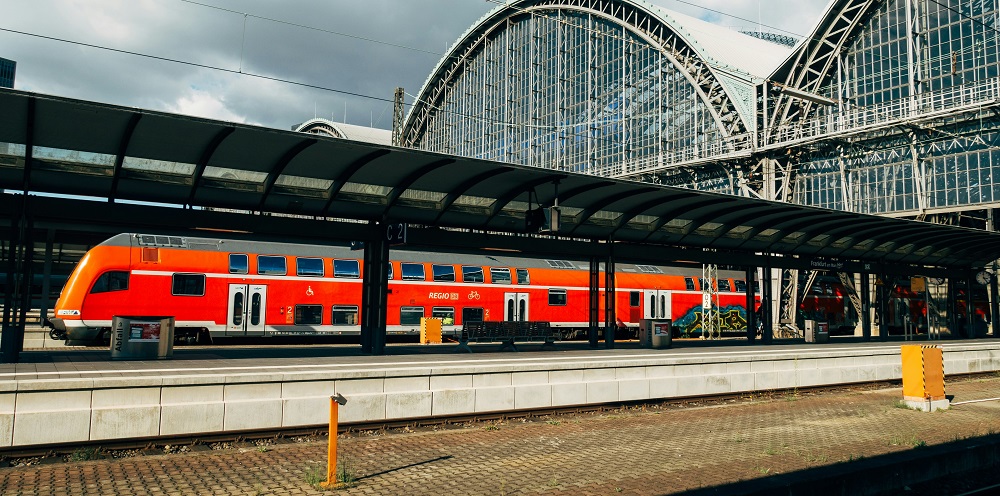



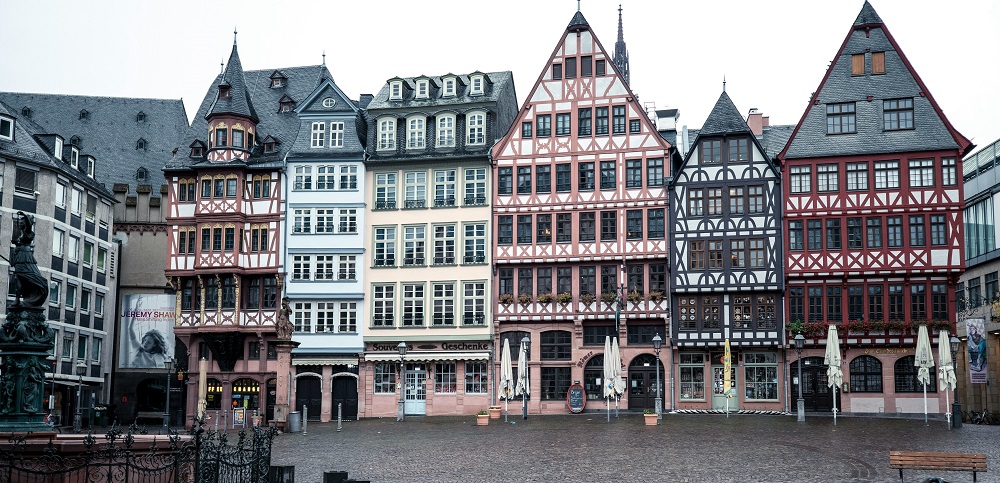


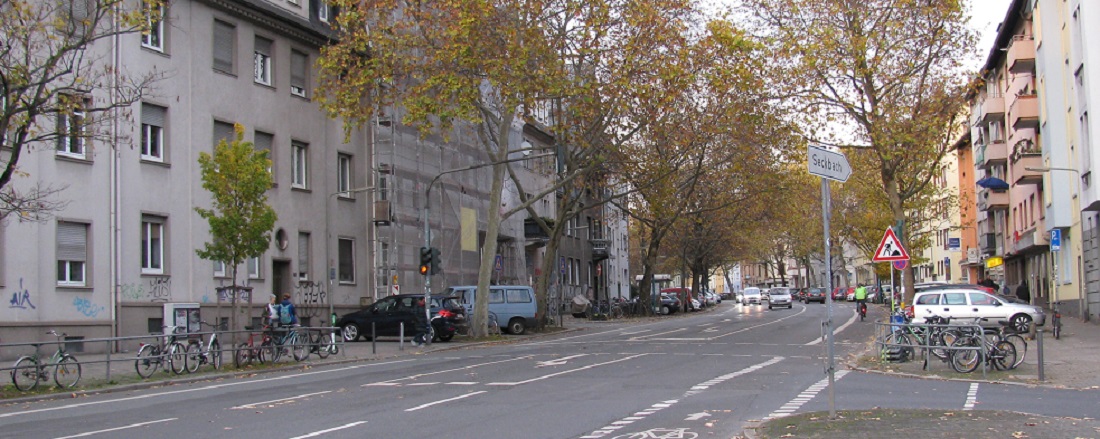 Bornheim
Bornheim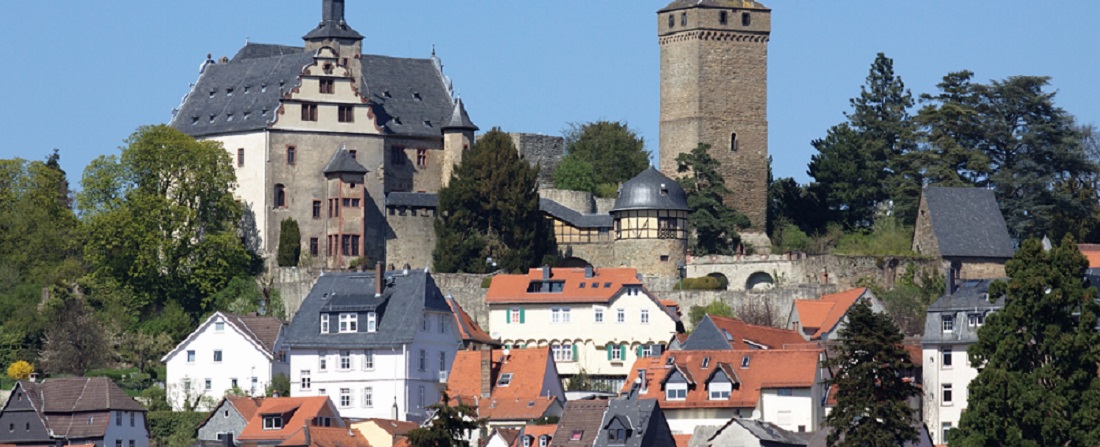 Kronberg
Kronberg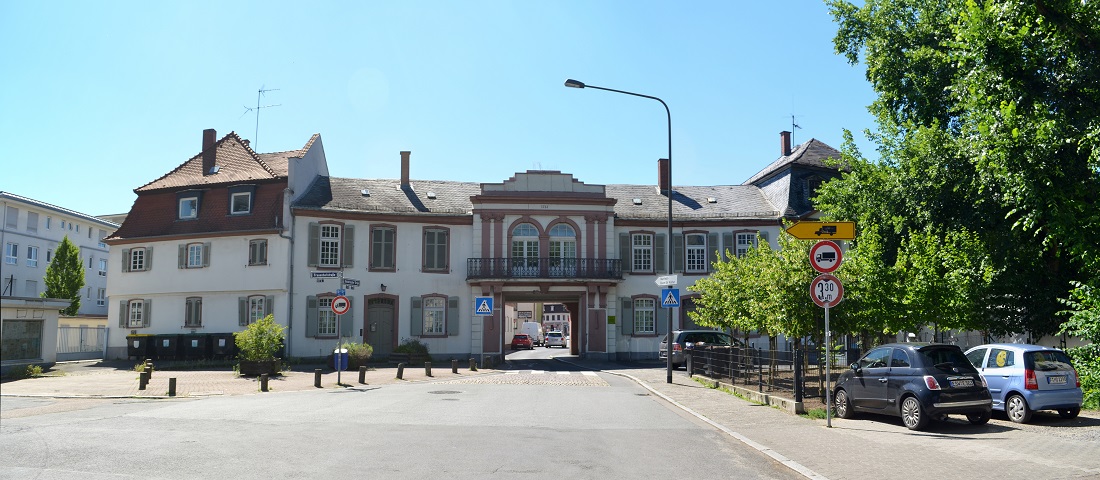 Niederrad
Niederrad




